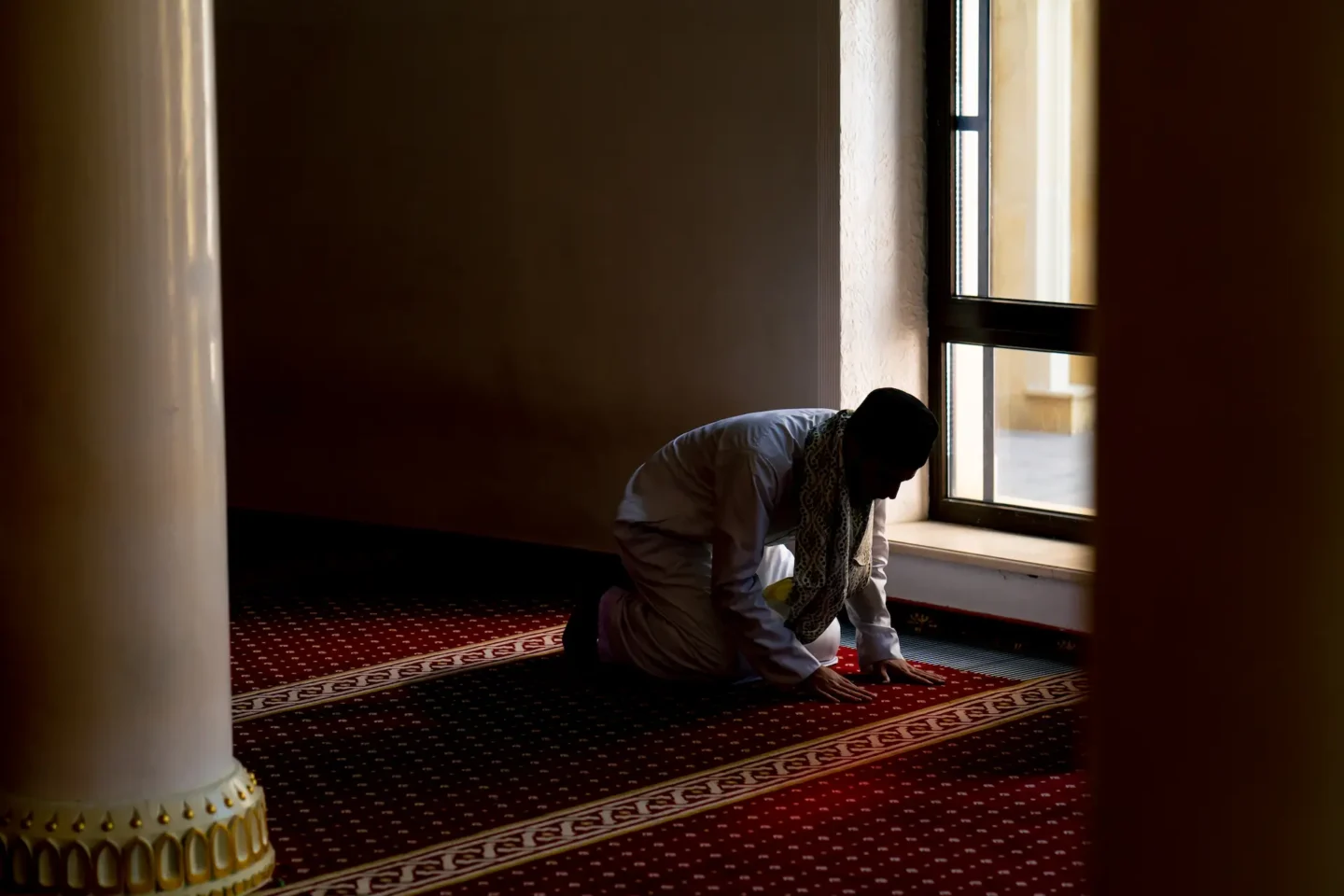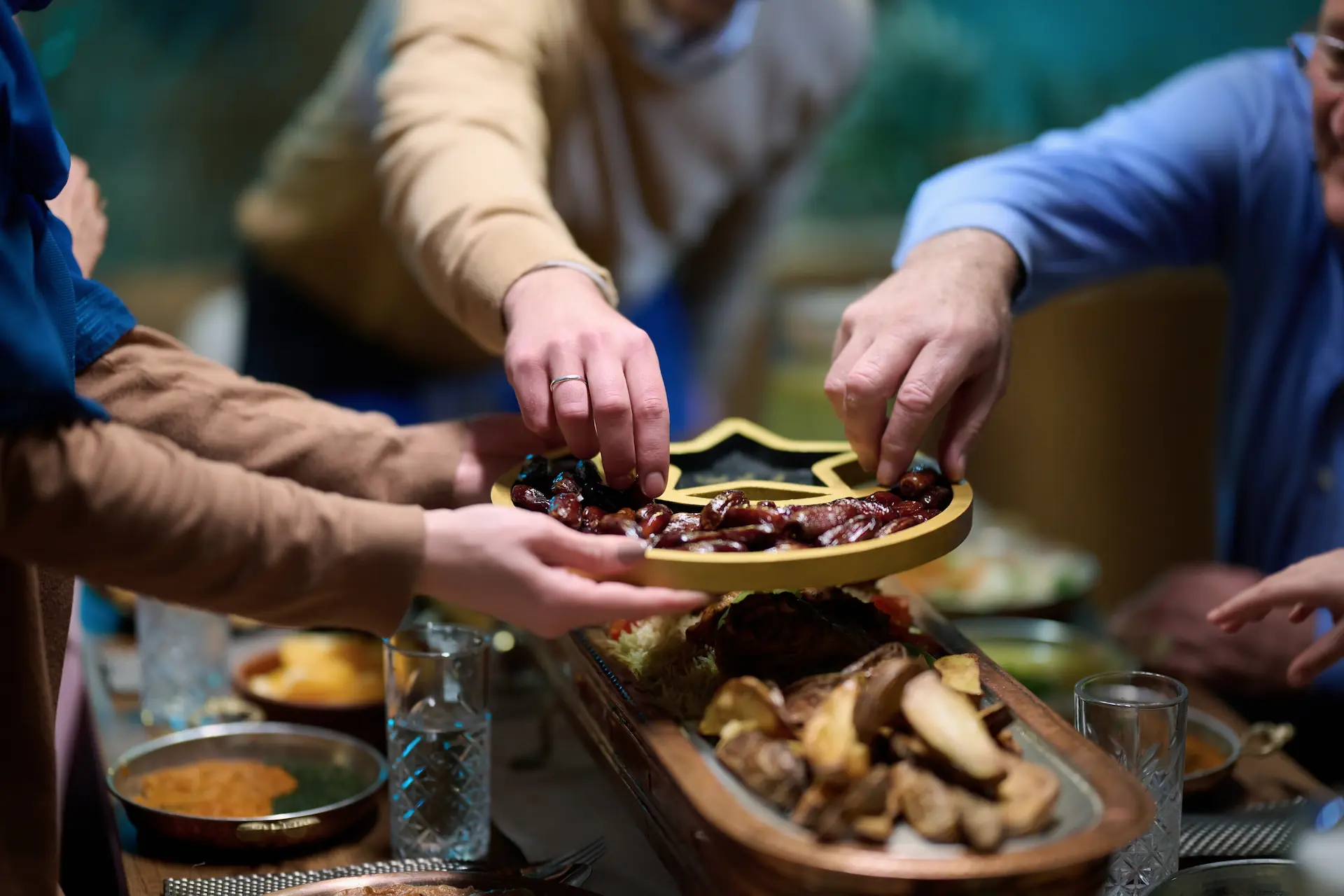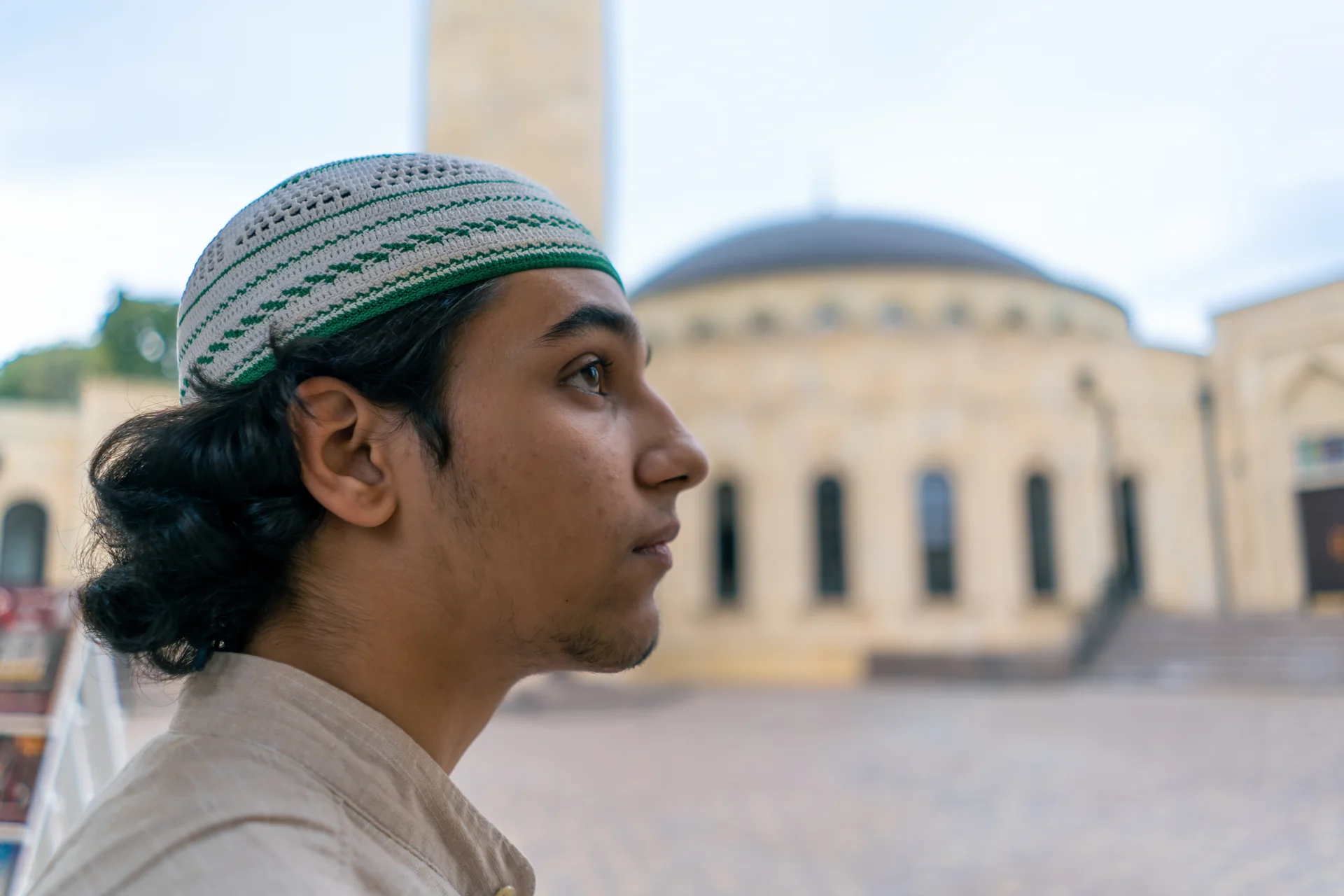As we approach the sacred month of Ramadan, a time beloved to Muslims around the world, it is essential to prepare ourselves spiritually, mentally, and emotionally. Ramadan is not just a yearly ritual; it is a gift from Allah, The Most Merciful, filled with wisdom, virtue, and opportunities for growth.
In this blog, we will explore the deeper wisdom behind fasting, the relationship between fasting and taqwa (God-consciousness), the key virtues of Ramadan, some practical rulings on fasting, and ways to make the most of this precious month.
Higher Objectives and Deeper Wisdoms of Fasting
Fasting is a form of worship prescribed by Allah for His servants. Beyond the physical act of abstaining from food, drink, and other desires, fasting carries other profound spiritual objectives and lessons:
1. Obedience: Fasting trains us in complete submission to Allah’s commands, even when they challenge our desires. By refraining from our most carnal desire to consume food and drink, we cultivate discipline and obedience to our Creator and show ourselves that if we can go without fulfilling our most carnal desire, we can abandon other desires which are not permissible.
2. Gratitude: Experiencing hunger and thirst first-hand helps us develop a renewed appreciation for the blessings that Allah has provided for us. Fasting trains us to develop the mindset of gratitude to become a natural response so that we can deepen our bond with Him.
3. Patience: Fasting is an exercise in self-control, teaching us patience and perseverance. It reminds us that true strength lies in mastering our desires and enduring the challenges of this worldly life with steadfastness.
4. Forgiveness: Ramadan is a time when Allah opens the gates of mercy and forgiveness. Through fasting, we seek to purify ourselves of past sins and renew our commitment to living in a way that has been ordained to us by Allah.
5. Empathy: Fasting connects us with the struggles of the less fortunate. It softens our hearts and develops a sense of solidarity with those who face hunger and hardship daily.
6. Taqwa (God-consciousness): Ultimately, fasting is about nurturing taqwa (God-consciousness). Allah says in the Quran:
“O believers! Fasting is prescribed for you—as it was for those before you1—so perhaps you will become mindful ˹of Allah˺.” (Quran 2:183)
The Importance of Taqwa
Taqwa, or God-consciousness, is a central goal of fasting and a recurring theme in the Quran. Its significance cannot be overstated:
Taqwa is a prerequisite for guidance:
“This is the Book about which there is no doubt, a guidance for those conscious of Allah.” (Quran 2:2)
Taqwa is the outcome of worship:
“O humanity! Worship your Lord, Who created you and those before you, so that you may become mindful ˹of Him˺.” (Quran 2:21)
Taqwa determines nobility in Allah’s sight:
“Indeed, the most noble of you in the sight of Allah is the he who has the most taqwā (i.e., consciousness and fear of Allāh, piety and righteousness).” (Quran 49:13)
Fasting is a practical means of instilling and strengthening taqwa, as it trains us to be mindful of Allah in every moment. A clear example of this is when you are alone while fasting. The only reason you refrain from eating or drinking, despite having the opportunity, is your consciousness that Allah is watching you and your desire to earn His pleasure and the reward for your fast.
How Fasting and Taqwa Are Connected
Fasting is a powerful tool for achieving taqwa. By abstaining from food, drink, and other desires, we cultivate discipline and sincerity in our worship. Abu Huraira reported that the Messenger of Allah (ﷺ) said, “Fasting is a shield.” This means that fasting serves as a protective barrier, safeguarding a person from falling into sin, which ultimately leads to punishment.
Fasting purifies the soul and cleanses it from evil inclinations. It narrows the pathways of Shaytan and strengthens our resolve to obey Allah. This sacred act reminds us of our dependence on Allah, humbling us and redirecting our focus toward spiritual goals rather than material desires.
Virtues of Fasting
Fasting holds unparalleled rewards and virtues. Abu Hurairah (May Allah be pleased with him) reported:
The Messenger of Allah (ﷺ) said,
“Allah the Exalted and Majestic said: ‘Every act of the son of Adam is for him, except As-Siyam (the fasting) which is (exclusively) for Me, and I will reward him for it.’ Fasting is a shield. When anyone of you is observing fast, he should neither indulge in obscene language nor should he raise his voice; and if anyone reviles him or tries to quarrel with him, he should say: ‘I am fasting.’ By Him in Whose Hand the soul of Muhammad is, the breath of one observing Saum is sweeter to Allah than the fragrance of musk. The one who fasts, experiences two joys: he feels pleasure when he breaks the fast. He is joyful by virtue of his fast when he meets his Rubb.” [Al-Bukhari and Muslim].
This hadith highlights fasting as a unique act of worship reserved for Allah, one that brings immense joy and eternal rewards.
Fiqh of Fasting
Understanding the rulings of fasting ensures that we perform this act of worship correctly and sincerely.
Who Must Fast?
- Every sane, adult Muslim
- In good health
Those Exempt From Fasting:
Breaking the fast in Ramadan is permissible for 4 types of people:
- Someone sick who would be harmed by fasting and the traveller who is permitted to shorten the prayer – For them, breaking the fast is preferable but if they fast, it is valid.
- A menstruating woman and one having postpartum bleeding – If they fast, it is not valid.
- A pregnant woman and one who is breastfeeding – If they fear for themselves, they can break their fast and make it up. If they fear for their unborn child, they can break their fast, make up for it, and feed one poor individual per day (expiation binding on the father of the child or the one responsible for the child’s maintenance, slightly more than 1kg of wheat or any other food) – (Source: ‘Umdat Al-Fiqh Explained: A Commentary on Ibn Qudâmah’s The Reliable Manual of Fiqh by Dr. Hatem al Haj)
What to Abstain From?
- Food
- Drink
- Sexual relations
Duration of Fasting: Fasting begins at fajr (dawn) and ends at maghrib (sunset), lasting throughout the month of Ramadan.
Virtues of Ramadan
The month of Ramadan is a time of unparalleled blessings and mercy. Abu Huraira narrates:
The Prophet (ﷺ) said, “Whoever fasted the month of Ramadan out of sincere Faith (i.e. belief) and hoping for a reward from Allah, then all his past sins will be forgiven, and whoever stood for the prayers in the night of Qadr out of sincere Faith and hoping for a reward from Allah, then all his previous sins will be forgiven.”
Sahih al-Bukhari 2014
Ramadan is a month where rewards are multiplied, the gates of Paradise are opened, and the gates of Hellfire are closed. It is an opportunity to reset spiritually and seek Allah’s forgiveness and mercy.
How to Spend Ramadan
Ramadan is a gift, and every moment of it is precious. To make the most of this month, we must plan intentionally and focus on acts of worship and self-improvement.
- Connecting with the Quran: Spend time reciting, reflecting on, and understanding the Quran. Make it a goal to strengthen your relationship with Allah’s Word.
- Prayer: Commit to performing all obligatory prayers on time, along with additional taraweeh and tahajjud prayers.
- Dua (Supplication): Use the special moments of fasting and the last ten nights to make heartfelt dua, seeking Allah’s mercy, guidance, and forgiveness.
- Good Character: Avoid anger, impatience, or negative behavior. Strive to embody kindness, humility, and generosity in all interactions.
- Dhikr (Remembrance of Allah): Keep your tongue moist with the remembrance of Allah by reciting phrases like SubhanAllah, Alhamdulillah, and Allahu Akbar.
- Seeking Forgiveness: Ramadan is the month of forgiveness. Regularly seek Allah’s pardon for your sins and shortcomings.
- Charity: Generosity is highly encouraged in Ramadan. Give to those in need, whether through zakah or sadaqah.
- Support Our Charity Initiative: Use this Ramadan as an opportunity to support those in need. Donate to our Gaza Emergency Relief Fund and let your fasting and charity become a means of immense blessings for you and others.




